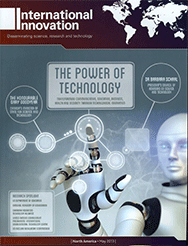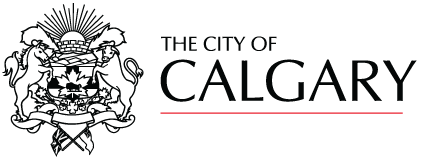
Abstract
The City of Calgary business unit for Waste & Recycling Services manages residential waste collection for 300,000 residential homes and operates three landfills and various community recycling depots, and is expanding to provide a city-wide residential recycling service. Its focus is on taking action to protect Calgary's environment, with the goal to recycle 80 per cent of waste by 2020. This strategic objective creates new challenges in process and service management. Traditional and strategic planning methods are no longer sufficient to manage this new dimension of size and complexity of services. Decision-making towards collection services needs to be done more effective and efficient in order to accommodate resource and budget constraints of the forthcoming years.
The key business goals of the project are:
- Increase collection efficiency in terms of vehicles, people and budget;
- Provide transparency and trustworthiness of decisions made;
- Ability to perform pro-active what-if analysis to support strategic decisions related to personal as well as fleet size and fleet type; Facilitate future quantitative and qualitative extension of recycling services.
- The main technical goal is the design, methodology development, implementation, and validation of a business intelligence solution for planning of waste and recycling services. This overall goal is refined into the following main technical components:
- Mining of data repositories for business performance analysis;
- Reuse-oriented system modeling and simulation for strategic planning of WRS;
- Transparency and trustworthiness of trade-off decision-making;
- BI-WRS prototype development, and
- Empirical evaluation of its impact on transparency and trustworthiness of decision-making.
The project is part of The Urban Alliance, a research partnership between the City of Calgary and the University of Calgary. The business intelligence solution will be designed to allow customization to other Canadian municipalities. Besides higher quality of strategic decisions, the main expected benefit will be in increased transparency and more timely decisions.



